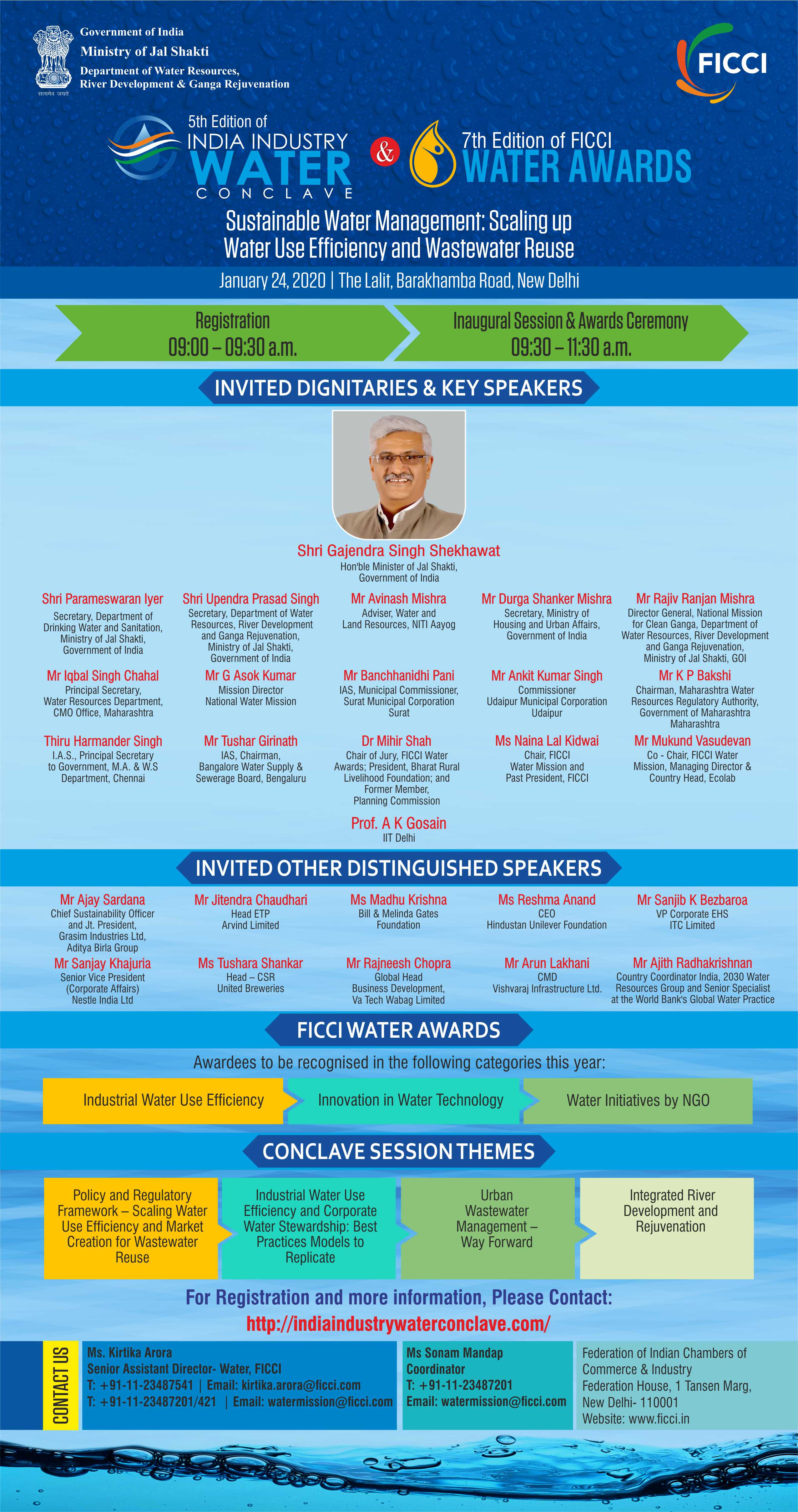Sustainability
India’s food systems in transition
Posted on 22 Jan, 2020 11:45 AMA recent book ‘Transforming Food Systems for a Rising India’ by the Tata-Cornell Institute for Agriculture and Nutrition (TCI) at Cornell University provides a detailed assessment of the major paradoxes of the Indian growth story.

A climate change wake-up call
Posted on 21 Jan, 2020 06:53 AMA new McKinsey Global Institute report, ‘Climate risk and response: Physical hazards and socioeconomic impacts’, suggests that many assumptions about the pote

The Karnataka State Water Policy 2019
Posted on 20 Jan, 2020 11:42 AMThe water crisis in Karnataka has not only led to severe agrarian distress in the eastern plains region but also created an acute shortage of domestic water, in both rural and urban areas. The 21st century has seen significant changes in demography, economy and agriculture, increasing the demand for water in the state.

Can ruin of quality forests be made up by plantations?
Posted on 18 Jan, 2020 04:49 PMThe recently released biennial State of India’s Forest Report 2019 (SFR) indicates an improvement in forest cover since 2017 but dense forests continue to turn into non-forests.

Karnataka farmers cope as wells fail
Posted on 13 Jan, 2020 07:08 PMLike in many parts of India, Karnataka’s groundwater is a vital source of irrigation water, but has been depleted by a combination of a prolonged, multi-year drought and intensive extraction. Worsening agro-climatic and environmental conditions are threatening the incomes of smallholder farmers and hampering the continued progress in poverty eradication.

5th Edition of India Industry Water Conclave
Posted on 13 Jan, 2020 01:25 PM
For details, please click here.
Groundwater variability: The tale of two states
Posted on 12 Jan, 2020 09:28 AMIndia, a groundwater stressed country

Is zero budget natural farming the way forward?
Posted on 11 Jan, 2020 12:16 PMA recent study by the Council on Energy, Environment and Water offers insights into Zero Budget Natural Farming (ZBNF) vis-à-vis its effect on the economics of agriculture in Andhra Pradesh.

Water policy for rainfed areas
Posted on 10 Jan, 2020 12:12 PMA committee has been constituted to draft a new National Water Policy (NWP) and make key changes in the water governance structure and regulatory framework. It is chaired by Mihir Shah, who is a former Planning Commission member and a water expert. The committee is expected to produce a report within six months.

Kerala tops SDG index by NITI Aayog
Posted on 08 Jan, 2020 03:36 PMKerala retains the top slot with a score of 70, followed closely by Himachal Pradesh, Andhra Pradesh, Tamil Nadu and Telangana in the latest edition of NITI Aayog’s annual assessment of progress made by states in achieving the sustainable development goals (SDG).






